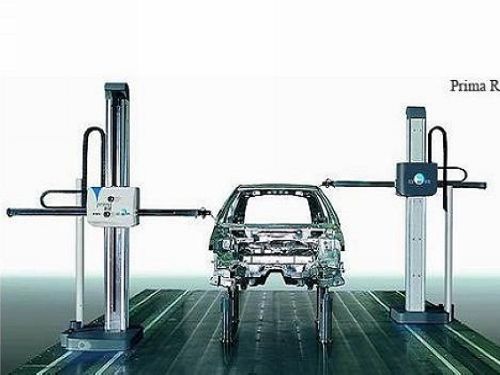 On July 1, the Bank of Japan conducted a survey of mold manufacturing. The survey showed that the Japanese mold manufacturing industry's confidence index for large companies in June was 4, which was a sharp increase of 12 points from the previous survey in March-8, and it was also the first time since September 2011 that the figure was positive. Affected by this positive effect, Japan’s Nikkei 225 Index soared by 1.28% to 13852.50 points, rising for three consecutive trading days.
On July 1, the Bank of Japan conducted a survey of mold manufacturing. The survey showed that the Japanese mold manufacturing industry's confidence index for large companies in June was 4, which was a sharp increase of 12 points from the previous survey in March-8, and it was also the first time since September 2011 that the figure was positive. Affected by this positive effect, Japan’s Nikkei 225 Index soared by 1.28% to 13852.50 points, rising for three consecutive trading days. Luo Baihui pointed out that the Bank of Japan releases the short-term index of the Bank of Japan on a quarterly basis. Positive data means that there are more companies that are optimistic about the economic outlook than pessimistic companies. In June, Japan's manufacturing confidence index for large manufacturers showed positive values ​​for the first time in a year and nine months. This indicates that the large-scale mold manufacturing companies relied on by Japan are experiencing positive factors such as the depreciation of the yen caused by monetary easing and improving export conditions. Vibration, business confidence increased significantly.
The June survey also showed that from the perspective of sub-sectors in the manufacturing industry, the index of confidence in the steel industry and the auto industry rose by 18 points and 15 points from the previous big survey, benefiting from the increase in exports caused by the depreciation of the yen. The confidence index of non-manufacturing large companies was 12, which was 6 points higher than the previous survey. Large manufacturing companies plan to increase their capital expenditure in the current fiscal year by 6.7%; non-manufacturing large companies plan to increase their investment by 4.9%. In addition, the confidence index of mold manufacturing and non-manufacturing SMEs was still negative, but both improved compared to the previous survey.
Luo Baihui believes that the improvement of Japanese corporate confidence coincides with the Bank of Japan's massive quantitative easing policy and the sharp depreciation of the yen. The devaluation of the yen has greatly increased the overseas income of some Japanese companies that rely on exports, especially for some large manufacturing companies. obvious. A series of recent data shows that the manufacturing industry of auto molds, mold steels and other manufacturing industries are picking up. The data released by the Bank of Japan on Friday showed monthly growth for four consecutive months.
Livestock Panels,Corral Panels,Cow Panels,Horse Fence Panels
Anping Xinghong Metal Wire Mesh Co.,Ltd , https://www.xinghongwiremesh.com